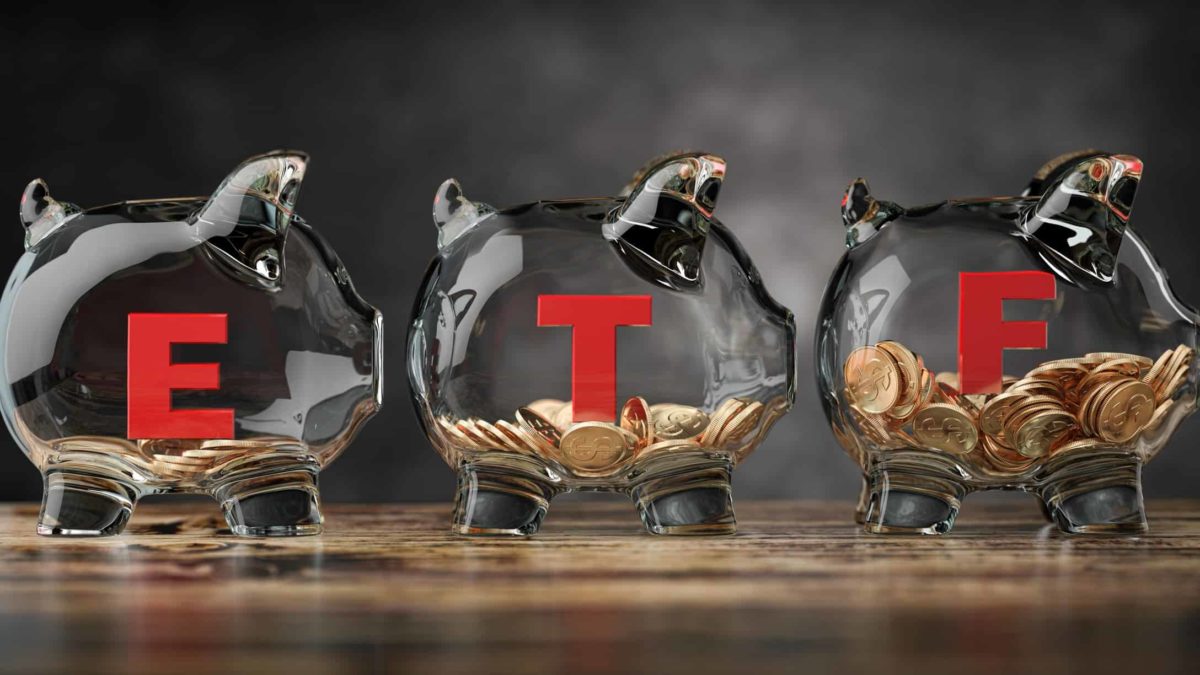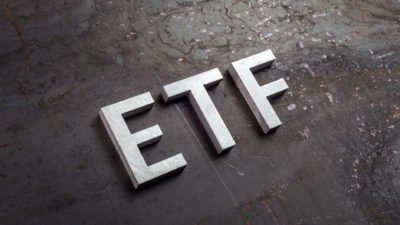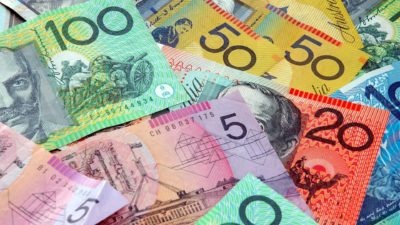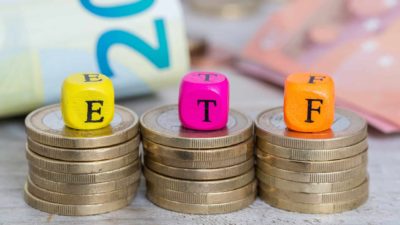Today has not been a good day for the S&P/ASX 200 Index (ASX: XJO). At the time of writing, the ASX 200 has lost 0.79% and is back under 7,500 points. But the trading day has been a lot worse for a few ASX exchange-traded funds (ETFs) out there.
At least three ASX ETFs have reached new 52-week lows just today. So let's check them out and see what they might have in common.
3 ASX exchange-traded funds hitting 52-week lows today
The first ASX exchange-traded fund hitting a new 52-week low today is the Vanguard Australian Fixed Interest Index ETF (ASX: VAF). This fund from popular provider Vanguard touched a low of $45.62 a unit today, which is getting quite far from its 52-week high of $51.44. VAF is a bond fund. It primarily holds investment-grade Australian government bonds, issued by both the federal and state governments, but also has some other fixed interest investments from corporations and local governments thrown in.
Another ETF to check out is the iShares Core Composite Bond ETF (ASX: IAF). This exchange-traded fund is very similar to VAF in nature. It also holds mostly Australian government bonds, with a similar mix of state, local and corporate bonds thrown in. IAF units have also hit a new 52-week low today. This ETF's units hit $103.15 each this morning, again a ways away from this fund's 52-week high of $115.31.
Finally, we have the BetaShares Australian Investment Grade Corporate Bond ETF (ASX: CRED). This fund is a little different to the above two, in that it only invests in corporate bonds rather than government bonds. This is designed to increase the yield available to investors, albeit without that 'risk-free' tag that comes with a Treasury. But unfortunately for investors, CRED is our third ASX exchange-traded fund to hit a 52-week low today. This ETF touched $23.18 a unit earlier today, putting even more distance between its 52-week high of $27.61.
Why are bond ETFs being sold off?
So you might have noticed that these three exchange-traded funds are all fixed-interest or bond ETFs. This is not a coincidence then, it seems. Bonds typically rise in value when interest rates go down. That's because their already-set yield becomes more attractive than newer bonds. But the opposite is also true when interest rates rise, and this looks to be occurring today.
Fresh from the all-time low interest rates we have seen around the world, the US Federal Reserve raised its rate for the first time in years last month. Just yesterday, our own Reserve Bank of Australia (RBA) signalled that rates might be rising here sooner than it initially flagged.
Thus, it might come as no surprise that bond and fixed-interest ASX exchange-traded funds are currently being sold off.









